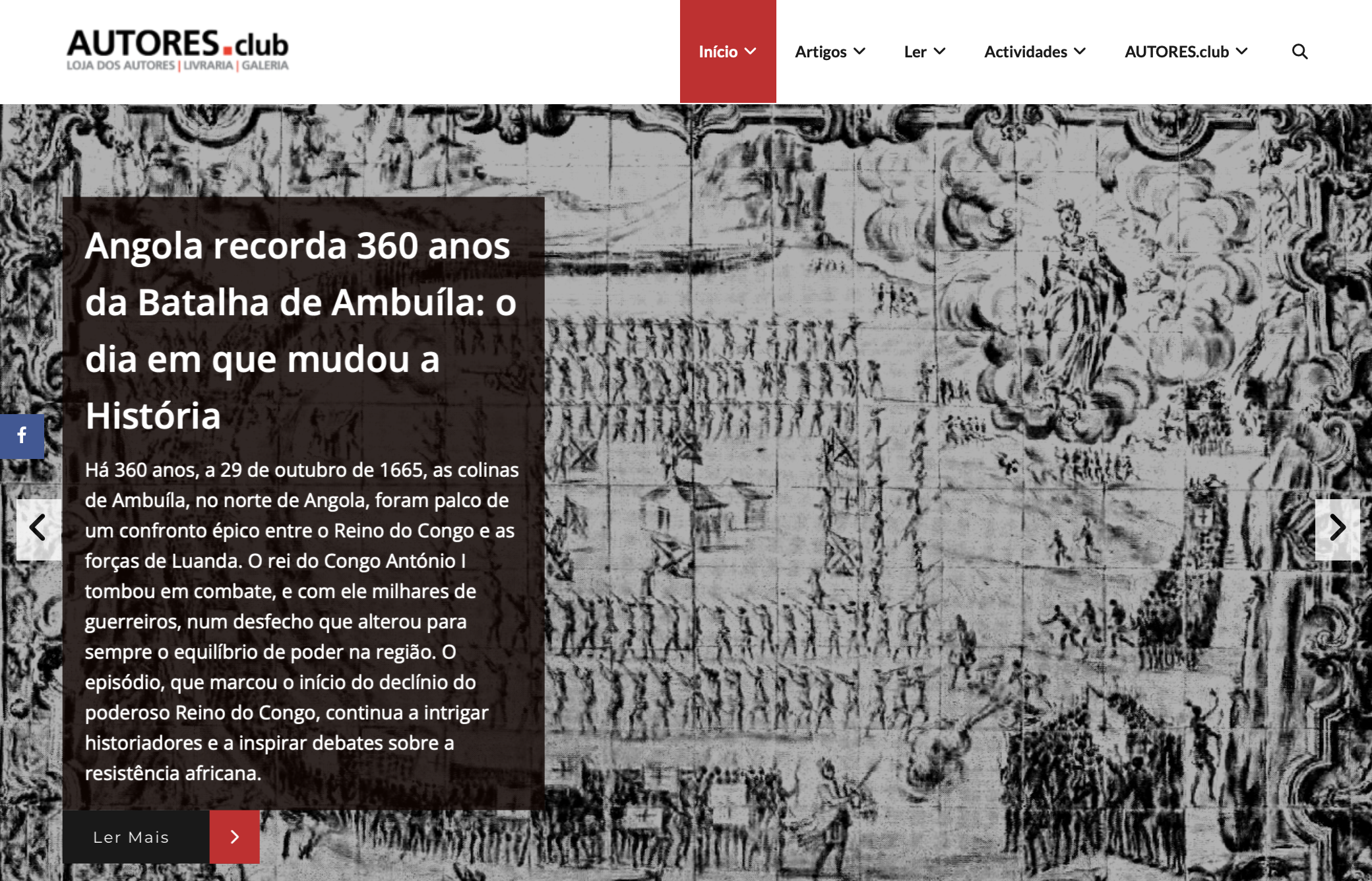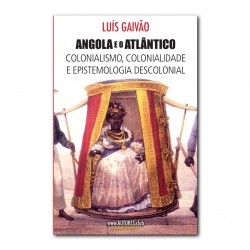Luís Gaivão
Luis Gaivão was born in Luanda in 1948. He holds a bachelor's degree in Philosophy and Humanities, a master's degree in Lusophony and International Relations, and a Ph.D. in Sociology: Postcolonialism and Global Citizenship.
He has taught in various locations and countries and has held various positions, including being an advisor at the Ministry of Education, a trainer of trainers in Adult Education in Cape Verde, a Cultural Attaché in Luanda, Luxembourg, and Brussels, and the Director of the Portuguese Cultural Center in Luanda and Luxembourg.
In the field of humor, he has published books such as "History of Portugal in Nonsense," "New and Unpublished History of Portugal in Nonsense," "Political Animals by Nature," "Monsters of Sports," "Mad History of Portugal," "Stories from Angola," and "A Cultural Attaché in Luxembourg: Episodes of a Diplomacy of Eloquence."
In the visual arts field, in collaboration with Luis Ançã, he has published several books of drawings and texts, including "Angola: Muxima, Drawing and Text," "Vagos: the Ria, the Land, and the Sea," "Lagoa: Looking at the Land, Looking at the Sea," and has "Lamego: History, Land, and People" set for publication.
In the academic field, he has published works such as "Elements of Portuguese Grammar" (for Adult Education in Cape Verde), "Things and Flavors of the Portuguese Language" (work with students on the Community of Portuguese Language Countries - CPLP), "Manuel Rui: Transcultural Pathways in the Writer's Work," "CPLP: Culture as the Main Factor of Cohesion (master's dissertation), "Through the South, a Path is Made: Angola, Transculturation, and the Atlantic in Manuel Rui's Work" (doctoral thesis), "The Decolonial South in Manuel Rui's Work," and "Manuel Rui: Work, Writer, Thought." Now, he has released "Angola and the Atlantic: Colonialism, Coloniality, and Decolonial Epistemology."
He has various texts in magazines and has participated in colloquia and congresses in various countries. He is a cultural agent for numerous interventions, almost always on Angolan themes.


